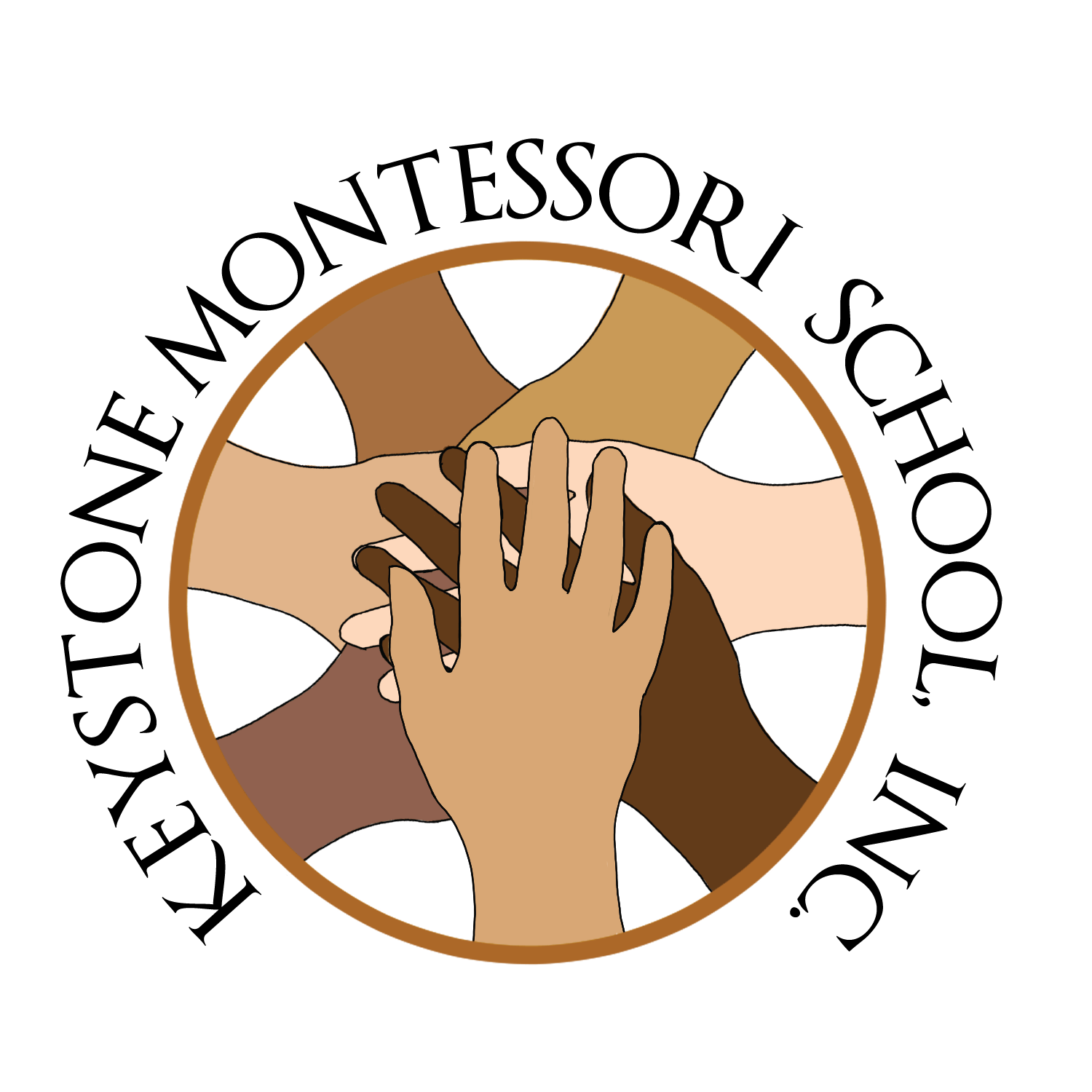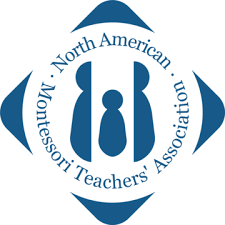
Frequently Asked Questions
About Montessori Education
Frequently Asked Questions
-
Q1. What is the difference between Montessori and traditional education?
For children six and under, Montessori emphasizes learning through all five senses, not just through listening, watching, or reading, and emphasizes holistic development of both 'academic' and practical life skills. Children in Montessori classes learn at their own, individual pace and according to their own choice of activities from hundreds of possibilities. They are not required to sit and listen to a teacher talk to them as a group, but are engaged in individual or group activities of their own, with materials that have been introduced to them 1:1 by the teacher who knows what each child is ready to do. Learning is an exciting process of discovery, leading to concentration, motivation, self-discipline, and inspires an enduring desire to learn. Above age six, children learn to do independent research, arrange field trips to gather information, interview specialists, create group presentation, dramas, art exhibits, musical productions, science projects, and so forth. There is no limit to what they create in this kind of intelligently-guided freedom. There are no textbooks, adult-directed group lessons, or regimented daily schedule. While the children enjoy a lot of freedom and autonomy, years of experience have shown that they naturally keep up with, or surpass, what they would be doing in a more traditional setting in their age group. There is no wasted time and children enjoy their work and study. The children ask each other for lessons and much of the learning comes from sharing and inspiring each other, instead of competing.
-
Q2. Why does Montessori have multi-age classrooms?
Multi-age classrooms afford us the luxury of adapting the curriculum to the individual child. Each child can work at their own pace, while remaining in community with their peers. In addition, the multi-age format allows older children to take on leadership skills, and all children learn how to adapt to a mixed-age environment (like real life!).
-
Q3. Is Montessori good for children with learning disabilities?
Montessori is designed to help all children reach their fullest potential at their own unique pace. A classroom whose children have varying abilities is a community in which everyone learns from one another and everyone contributes. Moreover, multi-age grouping allows each child to find their own pace without feeling “ahead” or “behind” in relation to peers.
-
Q4. Are Montessori children successful later in life?
Research studies show that Montessori children are well prepared for later life academically, socially, and emotionally. In addition to scoring well on standardized tests, Montessori children are ranked above average on criteria such as following directions, time management, listening attentively, successfully using basic skills, showing responsibility, asking thought-provoking questions, showing enthusiasm for learning, and adapting to new situations.
-
Q5. Are Montessori schools religious?
No. Montessori educates children without reference to a religious denomination. As a result, our classrooms are extremely diverse, with representation from all peoples, cultures and religions. To accompany this lived reality among classmates, multiculturalism, global diversity and mutual understanding form fundamental cornerstones of Montessori curriculum for all age groups.
-
Q6. Is Montessori a franchise? Who can open a Montessori school?
The term "Montessori" is not trademarked and anyone, regardless of training, experience or affiliation can open a “Montessori” school. It is essential that parents researching Montessori act as good consumers to ensure the authenticity of their chosen program. Check to see if a school is affiliated with a Montessori association, such as the American Montessori Society, the International Montessori Council, and/or a state organization of Montessori schools, and gather more information on the Montessori training of the school staff.
-
Q7. Who accredits Montessori schools?
Dr. Montessori founded the Association Montessori Internationale in 1929 to preserve her legacy. AMI ensures that Montessori schools and teachers are both well-grounded in the basic principles of the method and ready to carry those principles forward in the modern educational world. AMI offers teacher training and conferences, approves the production of Montessori materials and books, and, through their AMI-USA branch office, accredits schools.
-
Q8. Isn’t Montessori just a preschool?
Montessori schools may be best known for their programs with young children, but the underlying educational method describes programs for students up through high school.
-
Q9. If children are free to choose their own work, how do you ensure that they receive a well-rounded education?
Montessori children are free to choose within limits, and have only as much freedom as they can handle with appropriate responsibility. The classroom teacher and assistant ensure that children do not interfere with each other, and that each child is progressing at their appropriate pace in all subjects.
-
Q10. Montessori classrooms don’t look like regular classrooms. Where are the rows of desks? Where does the teacher stand?
The different arrangement of a Montessori classroom mirrors the Montessori method's differences from traditional education. Rather than putting the teacher as the focal point of the class, with children dependent on them for information and activity, the classroom shows a literally child-centered approach. Children work at tables or on floor mats where they can spread out their materials, and the teacher circulates about the room, giving lessons or resolving issues as they arise.
-
Q11. Are Montessori schools as academically rigorous as traditional schools?
Yes; Montessori classrooms encourage deep learning of the concepts behind academic skills rather than rote practice of abstract techniques. The success of our students appears in the experiences of our alumni, who compete successfully with traditionally educated students in a variety of high schools and universities.
-
Q12. Since Montessori classrooms emphasize non-competitiveness, how are students adequately prepared for real-life competition later on?
Montessori classrooms emphasize competition with oneself: self-monitoring, self-correction, and a variety of other executive skills aimed at continuous improvement. Students typically become comfortable with their strengths and learn how to address their weaknesses. In older classes, students commonly participate in competitive activities with clear “winners” (auditions for limited opera roles, the annual spelling bee, etc.) in which students give their best performances while simultaneously encouraging peers to do the same. It is a healthy competition in which all contenders are content that they did their best in an environment with clear and consistent rules.
Our Programs
Keystone Montessori School
Keystone Montessori School



